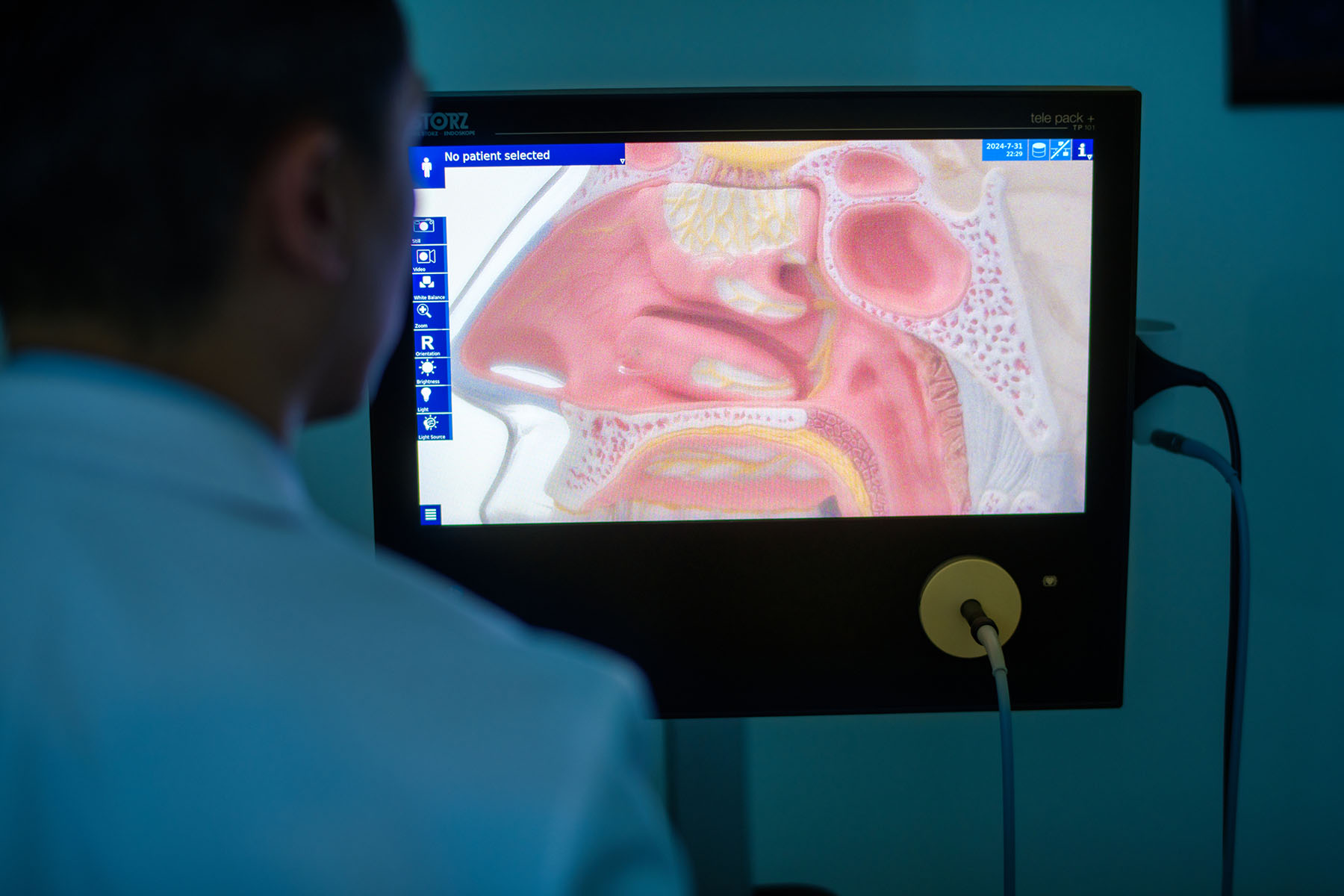Chronic sinusitis, also known as chronic rhinosinusitis, is inflammation of the sinuses and nasal passageway that lasts over 12 consecutive weeks. It is a common condition, affecting 1-12% of people worldwide.
Chronic sinusitis, also known as chronic rhinosinusitis, is inflammation of the sinuses and nasal passageway that lasts over 12 consecutive weeks. It is a common condition, affecting 1-12% of people worldwide.



